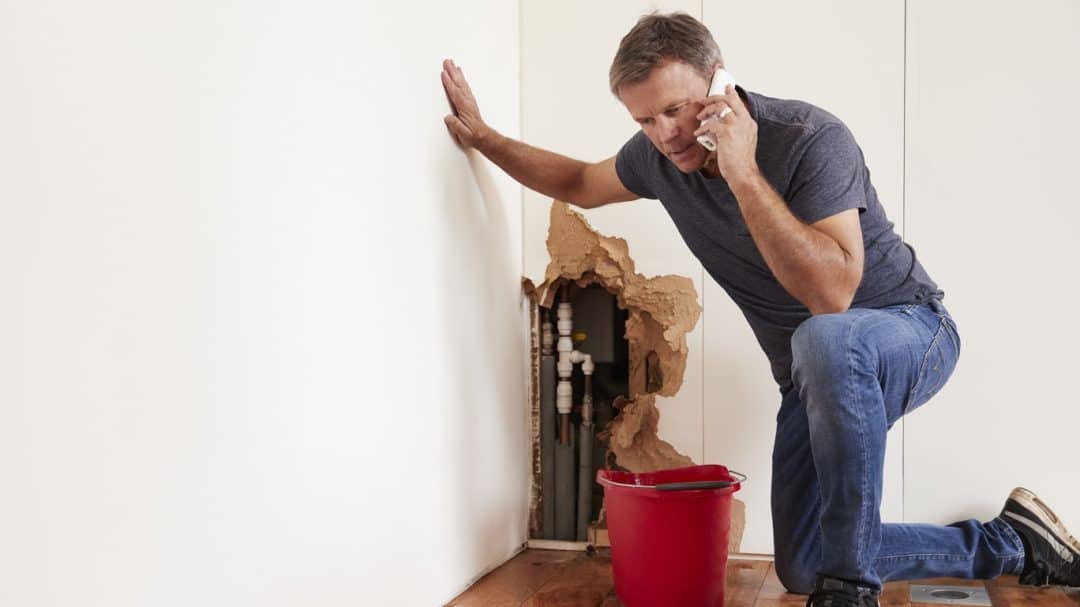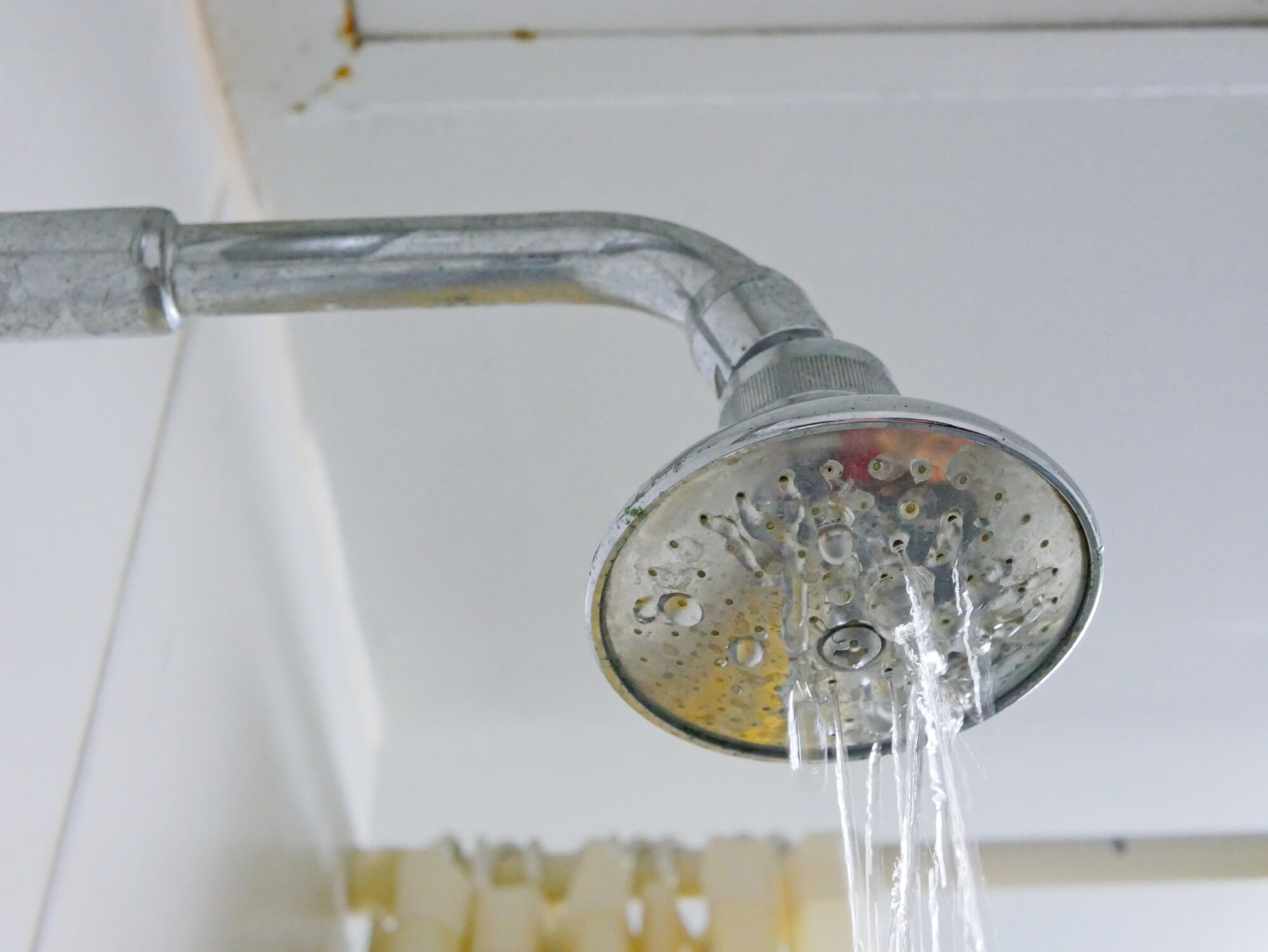Getting Rid Of Unwanted Plumbing Disturbances Efficiently
Getting Rid Of Unwanted Plumbing Disturbances Efficiently
Blog Article
Nearly everybody has got their personal opinion when it comes to Diagnose Unwanted Plumbing Noises.

To identify loud plumbing, it is very important to identify very first whether the unwanted noises occur on the system's inlet side-in various other words, when water is transformed on-or on the drain side. Noises on the inlet side have actually varied causes: too much water stress, worn shutoff as well as faucet components, incorrectly connected pumps or various other appliances, inaccurately put pipeline fasteners, and plumbing runs consisting of too many limited bends or other limitations. Sounds on the drain side generally stem from bad area or, as with some inlet side sound, a format including tight bends.
Hissing
Hissing sound that takes place when a faucet is opened somewhat normally signals too much water stress. Consult your local water company if you presume this trouble; it will certainly have the ability to tell you the water stress in your area and can mount a pressurereducing shutoff on the inbound water system pipe if essential.
Other Inlet Side Noises
Squeaking, squeaking, damaging, breaking, as well as touching normally are brought on by the growth or tightening of pipes, typically copper ones providing warm water. The sounds take place as the pipelines slide against loosened fasteners or strike nearby residence framing. You can frequently pinpoint the place of the problem if the pipelines are exposed; simply follow the noise when the pipelines are making noise. More than likely you will uncover a loose pipeline hanger or an area where pipes lie so near to flooring joists or other framing items that they clatter versus them. Attaching foam pipe insulation around the pipelines at the point of call should fix the issue. Make certain straps and also wall mounts are secure and also offer appropriate support. Where possible, pipeline fasteners need to be affixed to large structural components such as foundation wall surfaces instead of to mounting; doing so lessens the transmission of resonances from plumbing to surfaces that can magnify and also move them. If connecting fasteners to framework is inevitable, wrap pipelines with insulation or various other resilient product where they call fasteners, and also sandwich completions of brand-new fasteners in between rubber washers when mounting them.
Correcting plumbing runs that deal with flow-restricting tight or countless bends is a last resource that ought to be taken on only after getting in touch with a knowledgeable plumbing professional. Regrettably, this scenario is fairly typical in older homes that might not have actually been built with indoor plumbing or that have seen a number of remodels, particularly by beginners.
Babbling or Shrilling
Extreme chattering or screeching that happens when a valve or faucet is activated, and that usually goes away when the fitting is opened completely, signals loosened or defective inner parts. The option is to change the valve or tap with a brand-new one.
Pumps and home appliances such as cleaning machines as well as dish washers can move motor noise to pipes if they are incorrectly linked. Connect such things to plumbing with plastic or rubber hoses-never inflexible pipe-to isolate them.
Drain Sound
On the drain side of plumbing, the principal goals are to get rid of surfaces that can be struck by falling or hurrying water and to protect pipelines to include inescapable sounds.
In new building and construction, bathtubs, shower stalls, bathrooms, as well as wallmounted sinks and also basins ought to be set on or against durable underlayments to lower the transmission of audio through them. Water-saving toilets as well as faucets are less noisy than traditional designs; install them rather than older types even if codes in your location still allow making use of older components.
Drains that do not run up and down to the basement or that branch into straight pipe runs sustained at flooring joists or other mounting existing particularly frustrating noise problems. Such pipelines are big enough to emit significant vibration; they additionally bring significant quantities of water, which makes the situation even worse. In new building and construction, specify cast-iron dirt pipes (the huge pipelines that drain bathrooms) if you can manage them. Their massiveness has much of the sound made by water passing through them. Likewise, stay clear of routing drains in wall surfaces shown bedrooms as well as spaces where individuals gather. Walls consisting of drains should be soundproofed as was described earlier, utilizing dual panels of sound-insulating fiber board and also wallboard. Pipelines themselves can be covered with unique fiberglass insulation created the purpose; such pipes have a resistant plastic skin (in some cases containing lead). Outcomes are not always satisfactory.
Thudding
Thudding noise, often accompanied by trembling pipelines, when a tap or appliance valve is shut off is a problem called water hammer. The sound and also vibration are caused by the reverberating wave of pressure in the water, which unexpectedly has no location to go. Occasionally opening up a shutoff that releases water swiftly right into a section of piping including a constraint, elbow joint, or tee installation can produce the exact same problem.
Water hammer can typically be treated by mounting fittings called air chambers or shock absorbers in the plumbing to which the issue shutoffs or taps are connected. These gadgets permit the shock wave developed by the halted flow of water to dissipate in the air they include, which (unlike water) is compressible.
Older plumbing systems may have brief upright areas of capped pipeline behind wall surfaces on faucet runs for the exact same function; these can ultimately full of water, minimizing or ruining their efficiency. The remedy is to drain the water system completely by shutting down the major water supply valve as well as opening all faucets. Then open up the major supply valve and close the faucets one by one, beginning with the tap nearest the shutoff and also finishing with the one farthest away.
Pipe Down! What to Do About Noisy Water Pipes
Banging
Does it sound like someone's hitting your pipes with a hammer every time you run water? The issue could be a phenomenon called water hammer, which happens when a water valve closes suddenly. You'll often hear it when your washing machine stops filling, for example. The momentum and pressure from the water flowing toward the valve create the shockwave that causes the banging noise when the valve closes suddenly. It might not seem like a big deal, but water hammer can cause damage to your pipes, including leaks and joint damage.
One way to ease water hammer is by installing water hammer arrestors. Your plumber can install them near major valves to help cushion the shock of the water when it suddenly stops or changes direction. You might also need to reduce the water pressure coming into your home with the pressure-reducing valve.
Gurgling
Gurgling sounds typically come from drainpipes. This sound happens when the water can't drain properly, usually when there's a clog in the water pipes. Drain clogs often happen due to hair, grease, soap scum or objects that fall down the drain. They can happen suddenly or build up slowly over time.
You can sometimes clear a clogged drainpipe with a plunger to help force the clog through the pipe. A plumbing snake or an auger can also help break up tough clogs. A common plumbing myth is that chemical drain cleaners are safe and effective, but they often don't work and contain harsh chemicals that can hurt you and your plumbing. If you can't remove the clog with a plunger or snake, it's best to call a plumber to help.
Rattling
Water travels through your pipes with lots of pressure, so the pipes are bound to move a little. Pipes should be secured well to keep them from moving too much when water runs through them. If they're not properly fastened or the fasteners come loose, you might hear them rattling when you run water.
Resecuring the pipes can cut down on the rattling noise and prevent damage to the joints of the water pipes. However, many pipes run behind walls where you can't easily access them. A plumber can help determine if loose fasteners are the cause of the rattling and resecure them if necessary.
Humming
If your pipes sound like they're humming, it's likely a water pressure issue. When the water pressure is high, it can cause the water pipes to vibrate and create a humming sound. High water pressure is more common if you have a well for your water, but it can happen with municipal water as well. High water pressure can damage your plumbing and cause leaks.
If you have a well, check the pressure to ensure it's below 55 pounds per square inch. A plumber can test the pressure for you and help adjust the issue if you're not sure how to do it yourself. If you're connected to the municipal water source, your home likely has a pressure-reducing valve near where the water enters your home. You can adjust the screw in the valve to decrease the pressure, but be careful not to lower it too much.
Squeaking
Squeaking or squealing is another common sound you'll hear in your water pipes. This often happens if small components within the plumbing, such as washers or aerators, become loose, dirty or damaged. When this is the cause, the squeaking sound is usually confined to a certain fixture or area of plumbing. Replaced or repairing the part should solve the noise.
If you can hear the squealing sound everywhere in your home, it could be an issue with water pressure. Buildup in the pipes narrows the space for the water, which can cause squealing as the water tries to squeeze through the pipes. Wear and tear on the plumbing system can also cause whistling or squeaking. These situations typically require a professional plumber to diagnose and repair.
https://www.homeserve.com/en-us/blog/home-improvement/water-pipes-making-noise/

Do you appreciate reading about Why Your Water Pipes Are Noisy and How To Shut Them Up? Make a remark down the page. We will be glad to hear your opinion about this article. In hopes to see you back again in the future. If you liked our post please make sure you remember to share it. I praise you for your time. Come back soon.
Details Report this page